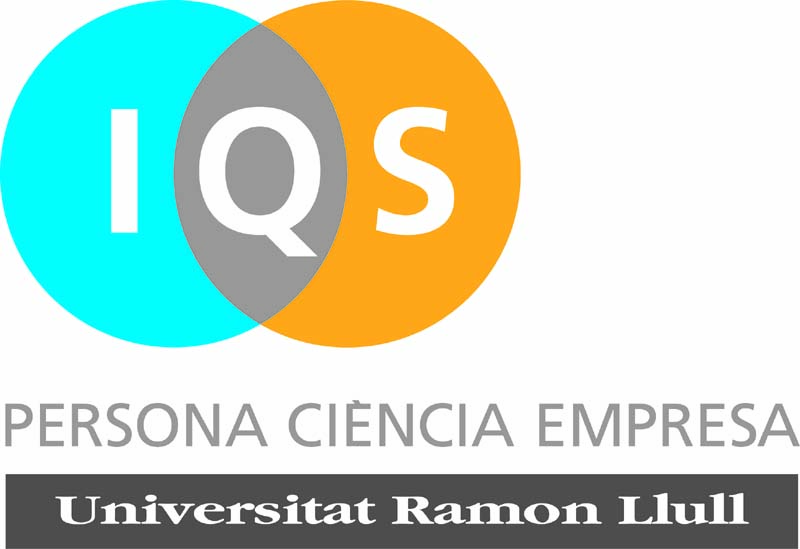
The combination of teaching, research, knowledge transfer and technology activities is vitally important if we want to have universities that are innovative and adapted to the demands of the social and business environments. The balanced management of these three areas of activity within one single organisation is complex, and involves challenges in order to prevent distortion and inaccuracy. Some of the possible risks to avoid include carrying out research that is distanced from the applications and the needs of industry, or channelling teaching activity (and, consequently, the profiles of future graduates) towards areas distanced from the profile of the professionals that are demanded by today’s business world. Without doubt, the link between universities and companies is vital and highly beneficial in the knowledge society. Without forgetting the university’s principal mission (teaching and basic research) it is important to know how to manage, under one single umbrella, what today's society requires from a university in terms of contribution to technological development, to innovation and to the economic and social growth of the world at large.
Multidisciplinarity, variety of profiles and the involvement of researcher-lecturers are of key importance for the simultaneous development of the three activities. The organisation has to make a clear commitment to this model, by setting aside funds, selecting and prioritisation of objectives, and maintaining a team of people that is diverse and highly motivated, obtaining as a result a highly positive dynamic for training both professionals and highly-qualified researchers. In this way, we can achieve the model that society demands from the universities of the 21st century.
Cycle: Challenges of the 21st Century - VIII The Voice of Discoveries: Discovering, Innovating, Transferring Knowledge
Organized by: Residence for Researchers